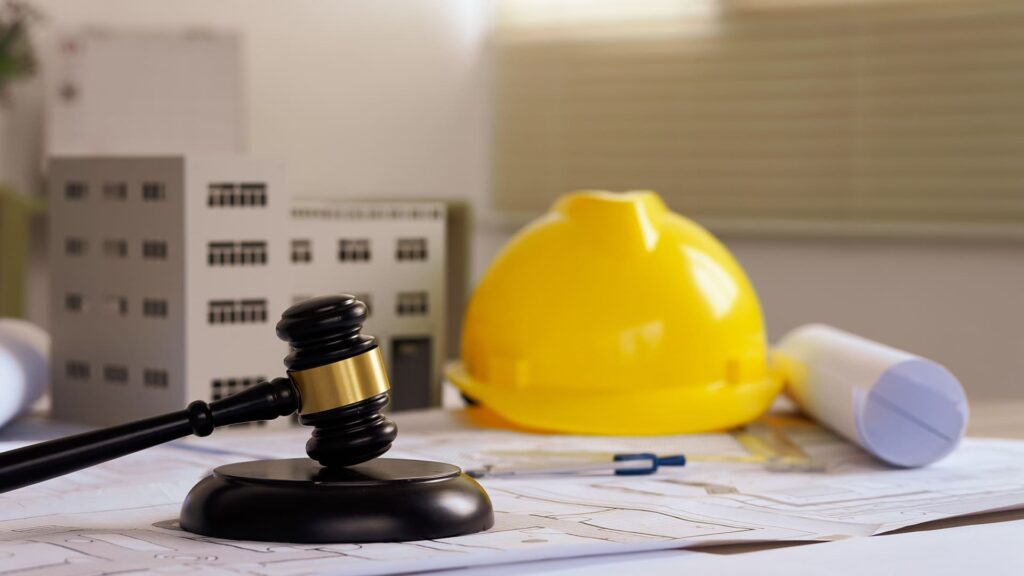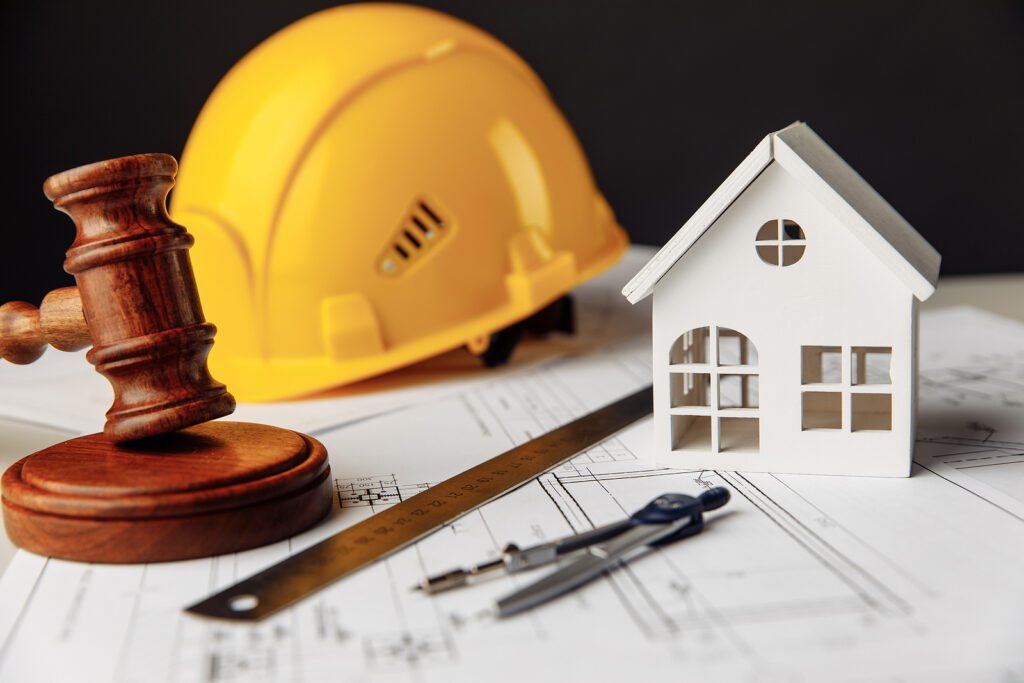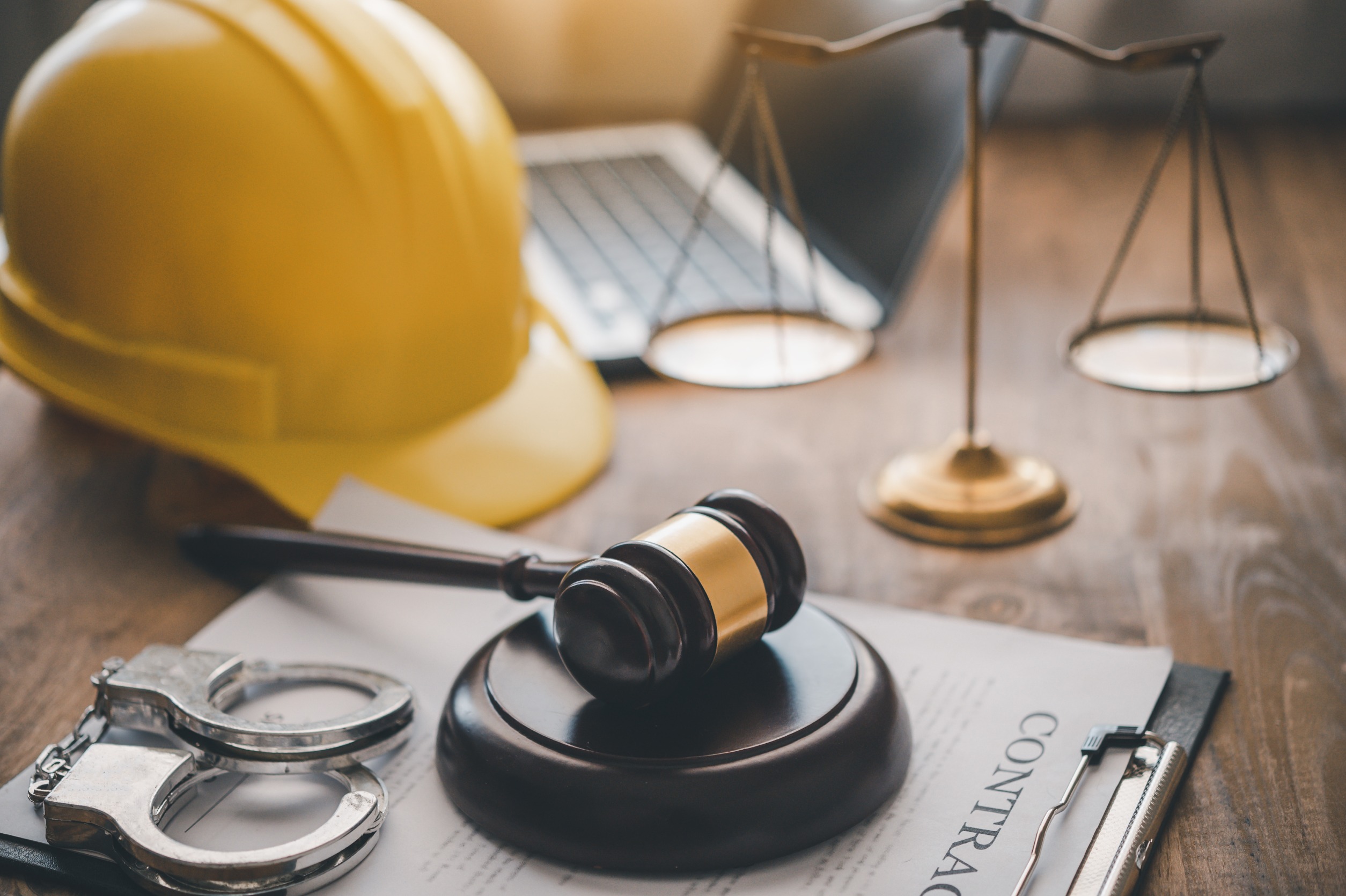Building and construction law is a complex area of legal practice that governs the rights, obligations, and responsibilities of parties involved in construction projects. For property owners and developers, understanding this legal framework is essential to navigate the myriad of regulations, contracts, and disputes that can arise during the construction process. This guide aims to elucidate the key aspects of building and construction law, providing valuable insights for those engaged in property development.
Understanding Building and Construction Law
Building and construction law encompasses a wide range of legal principles that regulate the construction industry. This includes laws related to contracts, liability, safety standards, and environmental regulations. The primary aim of these laws is to ensure that construction projects are completed safely, efficiently, and in compliance with all relevant regulations.
In Australia, building and construction law is influenced by both state and federal legislation, as well as common law principles. Each state has its own set of laws and regulations, which can lead to variations in how construction projects are managed across the country. Therefore, it is crucial for property owners and developers to be aware of the specific laws applicable in their jurisdiction.
Key Legislation
Several key pieces of legislation govern building and construction law in Australia. The Building Code of Australia (BCA) sets out the minimum requirements for the design and construction of buildings, ensuring safety and health standards are met. Additionally, various state-based building acts provide further regulations specific to each region.
Other important legislation includes the Environmental Planning and Assessment Act, which governs land use and development approvals, and the Work Health and Safety Act, which outlines the responsibilities of employers and workers to maintain a safe working environment on construction sites.
Contract Law in Construction
Contracts are the backbone of any construction project, outlining the rights and obligations of the parties involved. A well-drafted contract can help mitigate risks and prevent disputes. Common types of contracts in the construction industry include lump sum contracts, cost-plus contracts, and design and construct contracts.
It is essential for property owners and developers to engage legal professionals when drafting or reviewing contracts to ensure that all terms are clear and enforceable. Key elements to consider include payment terms, timelines, scope of work, and dispute resolution mechanisms.
The Role of Building Professionals
Building professionals, including architects, engineers, and builders, play a crucial role in the construction process. Each professional has specific legal obligations and responsibilities that must be adhered to throughout the project. Understanding these roles is vital for property owners and developers to ensure compliance and accountability.
Architects and Engineers
Architects and engineers are responsible for the design and planning of construction projects. They must ensure that their designs comply with relevant building codes and regulations. Failure to do so can result in legal liability for defects or non-compliance.
Additionally, architects and engineers often have a duty of care to their clients, meaning they must act in the best interests of the property owner and ensure that their work meets industry standards. This duty can lead to legal claims if a project suffers from design flaws or safety issues.
Builders and Contractors
Builders and contractors are responsible for the physical construction of the project. They must adhere to the terms of their contracts and comply with all relevant laws and regulations. Builders are also required to obtain necessary permits and approvals before commencing work.
In the event of a dispute, builders may face claims for breach of contract, negligence, or failure to comply with safety regulations. It is essential for builders to maintain comprehensive records of their work and communications to defend against potential claims.

Dispute Resolution in Construction
Disputes are an unfortunate reality in the construction industry. They can arise from various issues, including contract breaches, delays, and defects. Understanding the mechanisms for dispute resolution is crucial for property owners and developers to protect their interests.
Types of Dispute Resolution
There are several methods of dispute resolution available in the construction industry, including negotiation, mediation, arbitration, and litigation. Negotiation is often the first step, where parties attempt to resolve their differences amicably without formal proceedings.
If negotiation fails, mediation may be pursued, where an independent third party facilitates discussions between the parties to help them reach a mutually agreeable solution. Arbitration is a more formal process, where an arbitrator makes a binding decision based on the evidence presented.
Litigation is typically the last resort, involving court proceedings to resolve the dispute. It can be time-consuming and costly, so it is advisable to explore alternative dispute resolution methods before resorting to litigation.
Preventing Disputes
Preventing disputes is always preferable to resolving them. Property owners and developers can take several proactive steps to minimise the risk of disputes arising during construction projects. This includes ensuring clear communication with all parties involved, maintaining detailed documentation, and conducting regular site inspections.
Additionally, engaging experienced legal professionals to review contracts and provide advice throughout the project can help identify potential issues before they escalate into disputes. Establishing a clear dispute resolution process in contracts can also facilitate quicker resolutions if disagreements do arise.
Common Issues in Building and Construction Law
Several common issues frequently arise in building and construction law that property owners and developers should be aware of. Understanding these issues can help mitigate risks and ensure compliance with legal obligations.
Defective Work and Liability
Defective work is a significant concern in the construction industry. Property owners have the right to expect that work will be completed to a reasonable standard and in accordance with the contract. If defects are discovered, property owners may have grounds for a claim against builders or contractors for breach of contract or negligence.
Liability for defective work can extend beyond the builder to other professionals involved in the project, such as architects and engineers. It is essential for all parties to maintain adequate insurance coverage to protect against potential claims arising from defective work.
Delays and Disruption
Delays in construction projects can lead to significant financial losses for property owners and developers. Common causes of delays include adverse weather conditions, supply chain issues, and disputes between parties. Understanding the legal implications of delays is crucial for managing expectations and mitigating risks.
Contracts should include clear provisions regarding delays, including notice requirements and potential penalties for non-compliance. Property owners should also be proactive in managing timelines and addressing potential issues before they escalate into significant delays.

Conclusion
Building and construction law is a multifaceted area that requires careful consideration by property owners and developers. By understanding the legal framework, engaging qualified professionals, and implementing proactive measures, stakeholders can navigate the complexities of construction projects more effectively.
Awareness of the key legislation, roles of building professionals, dispute resolution methods, and common issues can empower property owners and developers to make informed decisions and protect their interests throughout the construction process. Ultimately, a solid understanding of building and construction law can lead to successful project outcomes and minimise the risk of legal disputes.
See Also: Property Lawyers Sydney: expert legal guidance for residential and commercial deals.

Leave a Reply